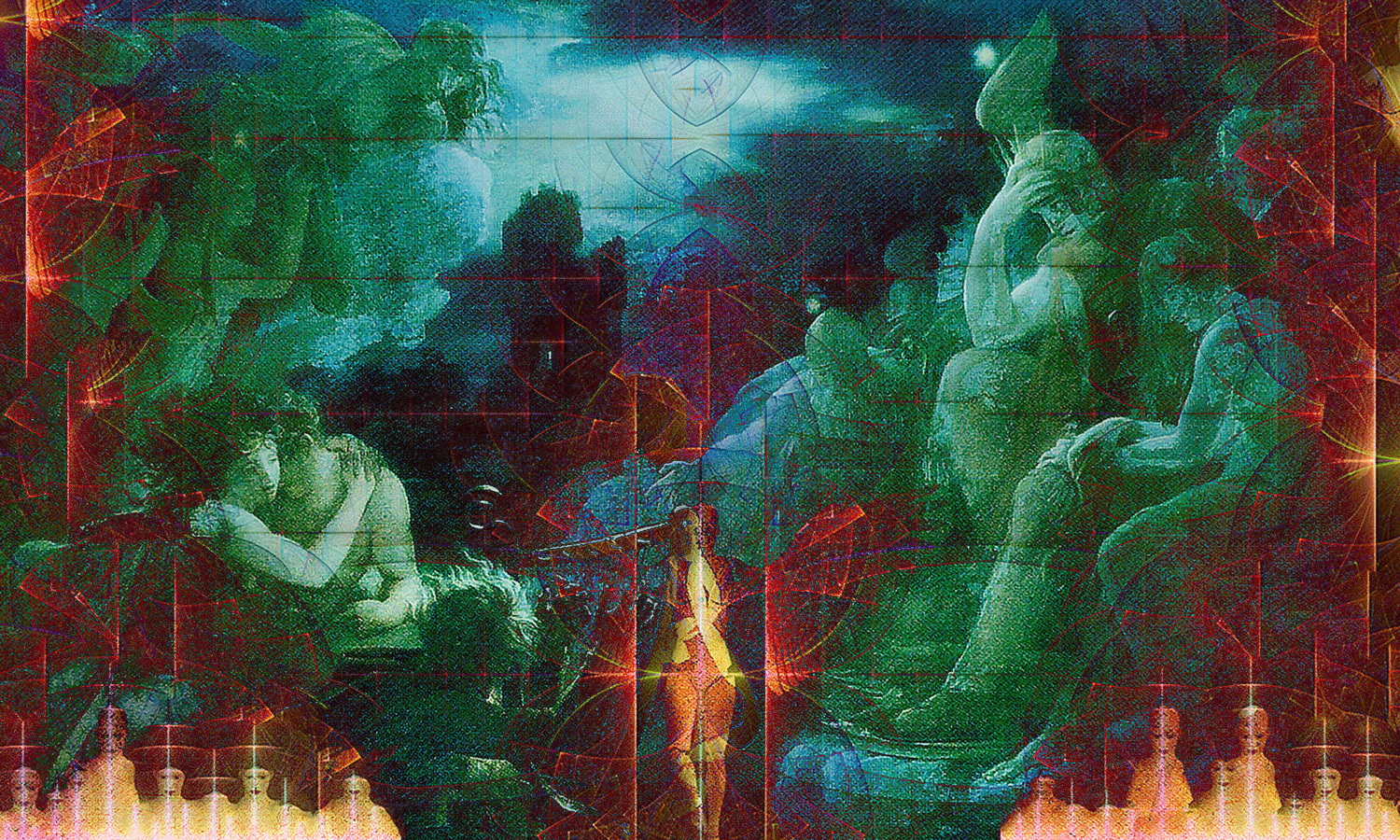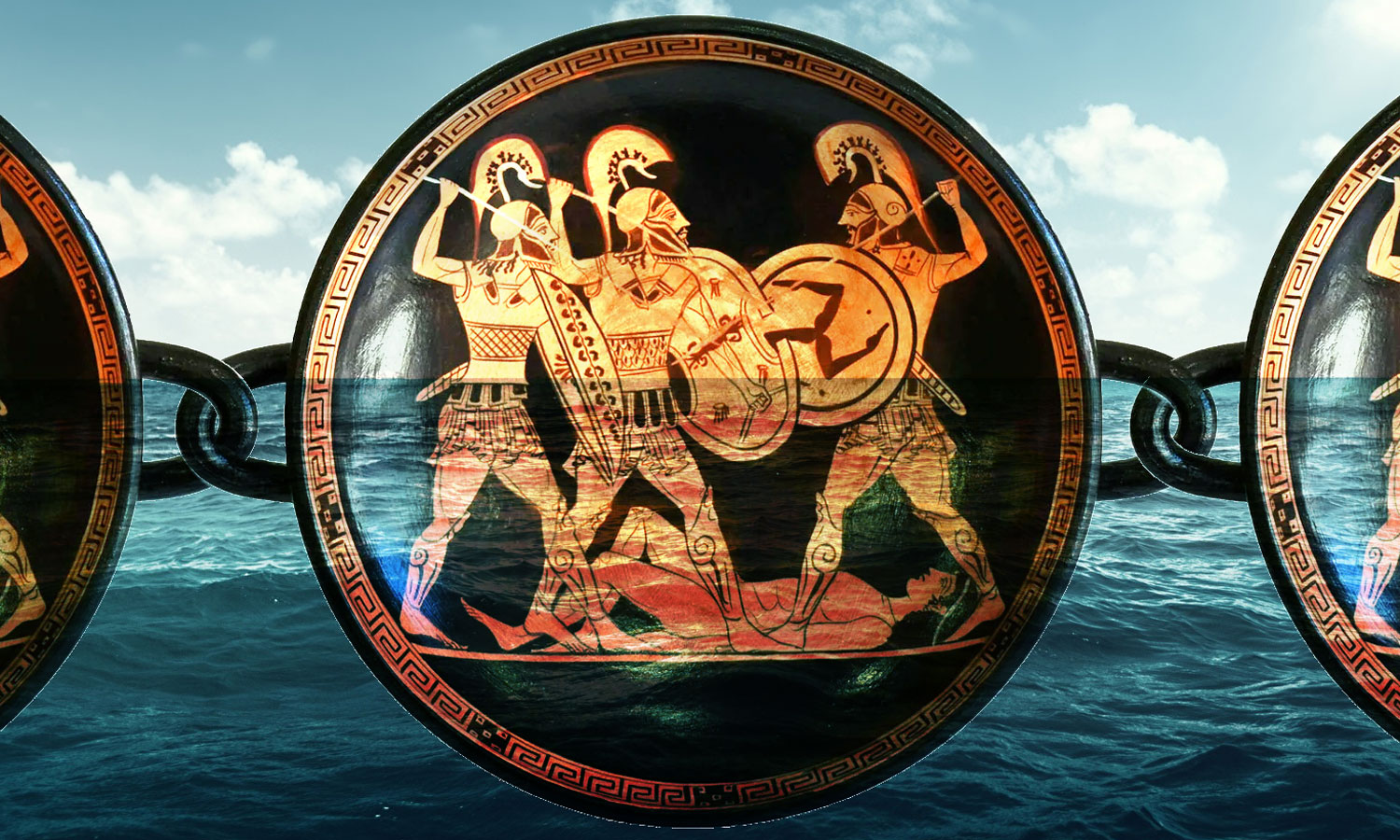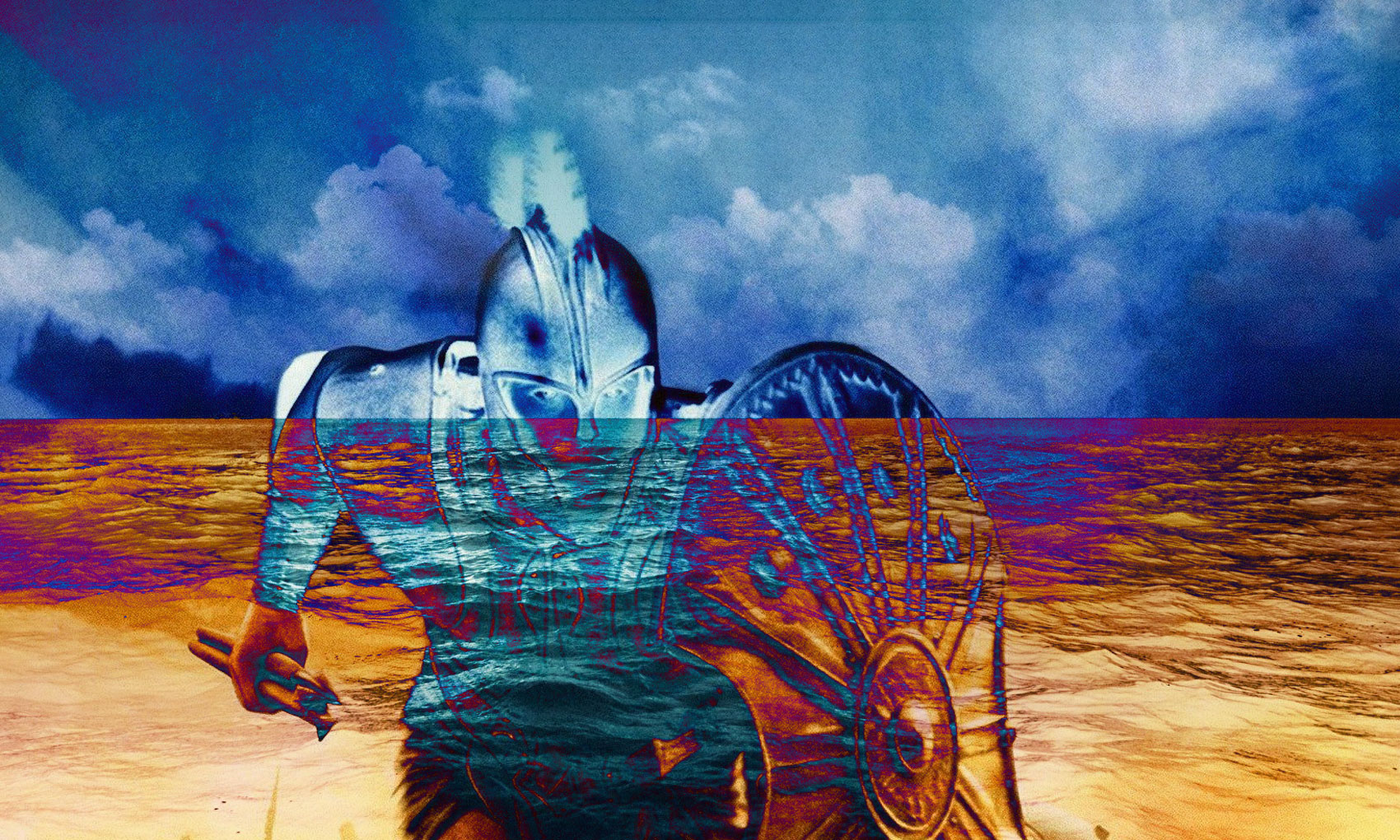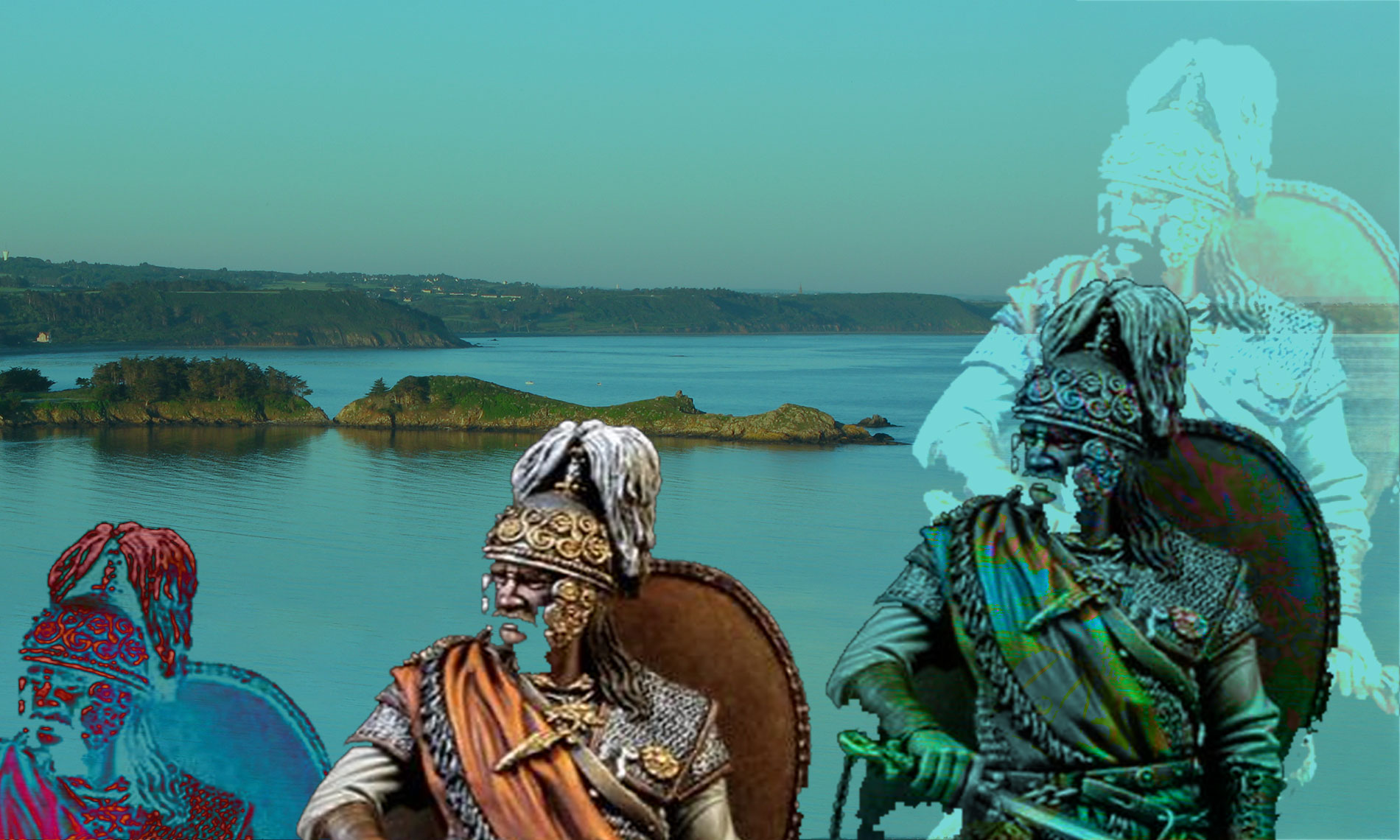
This post followed an previous one The Perfect Ones
The perfect light of the Luminous made them visible in the deepest darkness. This particular light made them irresistible. Impeccable warriors, they generated lightning strokes, both literally and figuratively.French ‘coup de foudre’ means a crush This ability combined with a range of fascinating artifacts explains why our distant ancestors took them for gods, which they were not.
Lugh
In this part of the world, Lugh has had a profound, lasting and positive influence. Thus the ancient name of the “capital of the Gauls”, Lugdunum, means the castle of Lugh. Like Apollo and some gods of the Greek pantheon, Lugh radiates a good dose of light from his face and chest. I do not see any artificial light, but a sign of awakening. The great awakened, in fact, are famous for their luminous face.
Luminous is the name given to the best of the Perfect, and first of all to the Four Sons of Lugh: Enki, Rama, Setanta, Enlil. They were the long lasting Kings of the Four Kingdoms. Like their fatheruncle, grand father… Lugh, they light up the night and shine in the darkest shade.
There are certainly not four of them! The direct descendants of the giant Lug are much more numerous. Given the lifespan of the former gods — several millennia — we imagine that they have procreated hundreds of semi-divine cries. As I said, the Perfect Four are not necessarily the sons of Lug, nor his direct heirs. They have succeeded one another over the centuries.
Children of Hyperborea
The Perfect Ones possess all the genes of the ancestor. Otherwise, they have in them a little of his spirit. They are like him bearers of light. What is understood literally and figuratively. Their elevation and nobility of soul combined with great intelligence earned them the title of Luminous.
In fact, they radiated a soft, soothing and dancing light, which made them land-openers and trail-keepers. They diffused a clear and regular light, far from the Greek or Roman oil lamps. They were the best of the former gods, and each time was able to benefit from their aura.

Enki, Ramos, Setanta, Enlil. Their initials are ERSE. This adjective applies to the inhabitants of Upper Scotland. With a capital letter, it is synonymous with Scottish. The Four Great Perfect are native to Hyperborea, the fact is proven. But they landed first in Celtic land, it’s also true. Would they have landed in Scotland?
Hyperborea is an island in the sky. A mother ship suspended in the northern sky, just above the pole. The main astroport of the former gods was Baalbek, which can be translated as the Baal Gate. Bek or beg in breton means beak, mouth, mouth and also contains the notions of door and approach.
Rama
Ramos, the eldest son, conquered the entire inhabited world. He has received countless names through the ages and winds that carried his aircraft. His name is:
-Ramos in Brittany, the child guarding the sheep, hence his totem the ram, and the horns adorning his headdress.
-Ram, Druid of Celtia, opposed to the dictatorship of the witches of Avalon. Driven from the Celtic lands, he takes the road to the Near East where he is known as Ram. See the article Abram, son of Ram.
– Ra in Egypt, where he was a living god, to establish the very first phaRAon dynasty. The presence of the syllable RA is no accident. He had a lot to do with it. Egypt was on his knees.
– Re Atoum in Libya — which was then all of Africa — it civilizes Ethiopia, Eritrea, Carthage, the Lake of Triton and the Sahhara and the rich lands around it.
After his warrior phase, Ram softened. The Aries of Armor put his horns in the closet. His aura was such, he radiated such a soft and powerful light — those who immediately saw him loved him. Many peoples have come under his law without fighting. In the space of a few centuries, he civilized the East up to China, Tibet, Japan, Indonesia, Pacific…
We can make conquests when we live 2,000 years. That was the tariff for the gods before. Ram and Yahweh have doubled the stakes: 4000 years of earthly life! Yahweh is not dead: the good Catho is still waiting for his reign to come!

Cuchulainn
Setanta is son of Lug by the pretty method. As a young man, he descended from the mother ship Hyperborea to land on the island of Ireland, where his great size and Herculean strength allowed him exploits. He is nicknamed Cuchulainn, it is under this name that Irish legends keep his memory.
In America it civilizes the ancestors of the Mayans who call him Kukulkan — interesting homophony — or Quetzalcoatl for the AZtecs. We find in this last word the syllable AZ which designate the northern gods, the Ases. And that shows the connection between the two shores of the Atlantic at those remote times.
Let us remember that the floating island of Atlantis formed an artificial bridge that closely linked the two continents. Plato speaks of it with delight in several Dialogues.
In the Near East is the space base of the former gods, Baalbek. The link between this starport and the Hyperborean mothership is a powerful one. This explains the early and rapid development of the surrounding regions.
Cuchulainn became the first king of men, under the name of Gilgamesh. He travels around the world, descends to see the gods of the underworld, that is to say those who chose to inhabit the Hollow Earth, then he goes as far as Alcor in the constellation of the Great Bear to learn the secret of immortality.
Enki and Enlil
The other two Luminous are Enki and his brother — or his son — Enlil. They were brothers because they have the same age, the same silhouette and the same appearance. They were father and son because brilliant geneticist Enki conceived a clone of himself, barely modified, and hatched Enlil, adult, from the artificial matrix.
The cloning practised by the former gods was on this model. The clones are adults when hatching. They were unfit, clumsy, left-handed, like all newborns. They had to be taught everything, to walk as well as to be clean. Whoever tells this will find an excellent comic subject.
The former gods had two ways of begetting: by the natural method or by genetics. That’s why mythology tells us that Zeus had children who came out of his “thigh” — disguised natural method for the chaste ears — or his head — genetic method requiring engineering knowledge and the know-how of a genius.

Enki of Erki
Brother or father of his double and rival Enlil, Enki may well be the founder of the town of Erquy where I left my suitcases in 1953. Not only by homophony, but also because he built Nazado sunk off Rekinea — the old name of Erquy.
Besides the obvious homophony, there are many presumptions that lead me to this conclusion. In the Lost Book of Enki, Zecharia Sitchin mentions several floods, including the one that formed the English Channel. Instead of this sea, there used to be only a large river. In this passage, Sitchin mentions the presence of Enki and Enlil in or near the flooded area.
There is especially this precious book called Oera Linda Boek. According to a scientist who studied it, “It is in fact a 13th century manuscript, which has been carefully transmitted from father to son in a chronicle of Frisian history, and more particularly from a Dutch family, the Over van Linden family, who once called themselves Oera Linda. The manuscript is written in an archaic language and graphics, reserved for scholars. It should be noted that none of the members of the Over van Linden family were able to read it.” (source)
The opening of the English Channel caused a terrible tsunami, violent storms with waterspouts, and the sky overcast for months. There are explicit references to Enki before the flood. It is very likely that the description of the biblical flood was enriched by these events.
I am now on the more precise track of the great Enki here in Erquy, with the hope of one day enriching this account — or adding a sequel to it. I am aware that these are very old events, but I am gifted with a rare quality that makes me a happy explorer of the past: I travel the entire timeline. Spatial or temporal distance does not stop me. In astral, there is neither time nor space…


